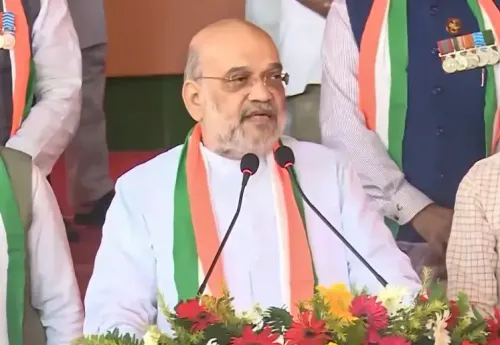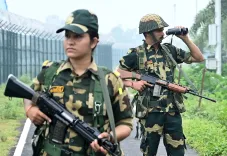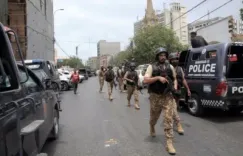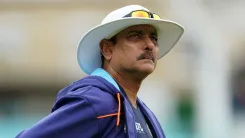Has India Provided Evidence of TRF Terrorism to the UNSC Sanctions Panel?
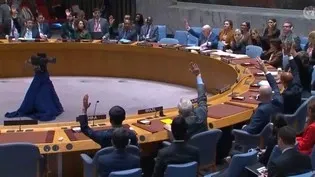
Synopsis
Key Takeaways
- India's delegation presented evidence of TRF's terrorist activities to the UN.
- The 1267 Committee plays a pivotal role in sanctioning terrorist organizations.
- Sanctions could include freezing assets and travel bans.
- International cooperation is essential in combating terrorism.
- India aims to strengthen its position against terrorist threats.
United Nations, May 20 (NationPress) A team from India recently engaged with the monitoring group of the United Nations (UN) Security Council's panel responsible for sanctioning terrorists, presenting evidence of The Resistance Front (TRF) being involved in the Pahalgam massacre, as reported by sources.
In support of India's appeal for sanctions against the front group of Lashkar-e-Taiba (LeT), the Indian delegation provided documentary proof to the monitors, the sources confirmed on Monday.
The panel, known as the 1267 Committee, was established following a resolution aimed at dealing with the Islamic State (IS) and Al-Qaida, along with their affiliates. The committee's team of experts reports on terrorism and makes recommendations for adding names to the terrorist list and enforcing sanctions.
The sanctions include freezing assets and enforcing travel restrictions on individuals linked to these groups.
In 2005, the 1267 Committee designated Lashkar-e-Taiba as an international terrorist entity and has sanctioned three related groups, including Pasba-e-Kashmir and Jamaat-ud-Dawa.
The LeT operates under multiple aliases to avoid sanctions, with a total of 27 names recorded.
It has sanctioned several individuals linked to the LeT, including its leader, Hafeez Mohammed Saeed.
A source indicated that India had previously reported the TRF's terrorist actions to the UN, with the delegation reinforcing this with documentary evidence during their meeting with the monitoring team.
India's mission at the UN did not respond to inquiries about their efforts to classify the TRF as an international terrorist organization.
Similarly, the media relations team of the current Council President, Greece, did not provide comments regarding the monitoring team's discussions.
As President of the Council, Greece leads the 1267 Committee, which currently lacks a chair due to opposition from some members regarding Pakistan's desire to assume the position.
They had previously scheduled an informal meeting of the 1267 Committee for the day's agenda.
Last week, the Indian delegation, including intelligence officials, conferred with top UN counter-terrorism leaders to discuss collaborative efforts in combating terrorism following the Pahalgam terror attack.
Under-Secretary-General Vladimir Voronkov from the Office of Counter-Terrorism (UNOCT) and Assistant Secretary-General Natalia Gherman from the Counter-Terrorism Committee Executive Directorate (CTED) engaged with the Indian team to discuss cooperation, particularly focusing on implementing key Security Council counter-terrorism resolutions and the UN Global Counter-Terrorism Strategy, as stated by the UNOCT.




